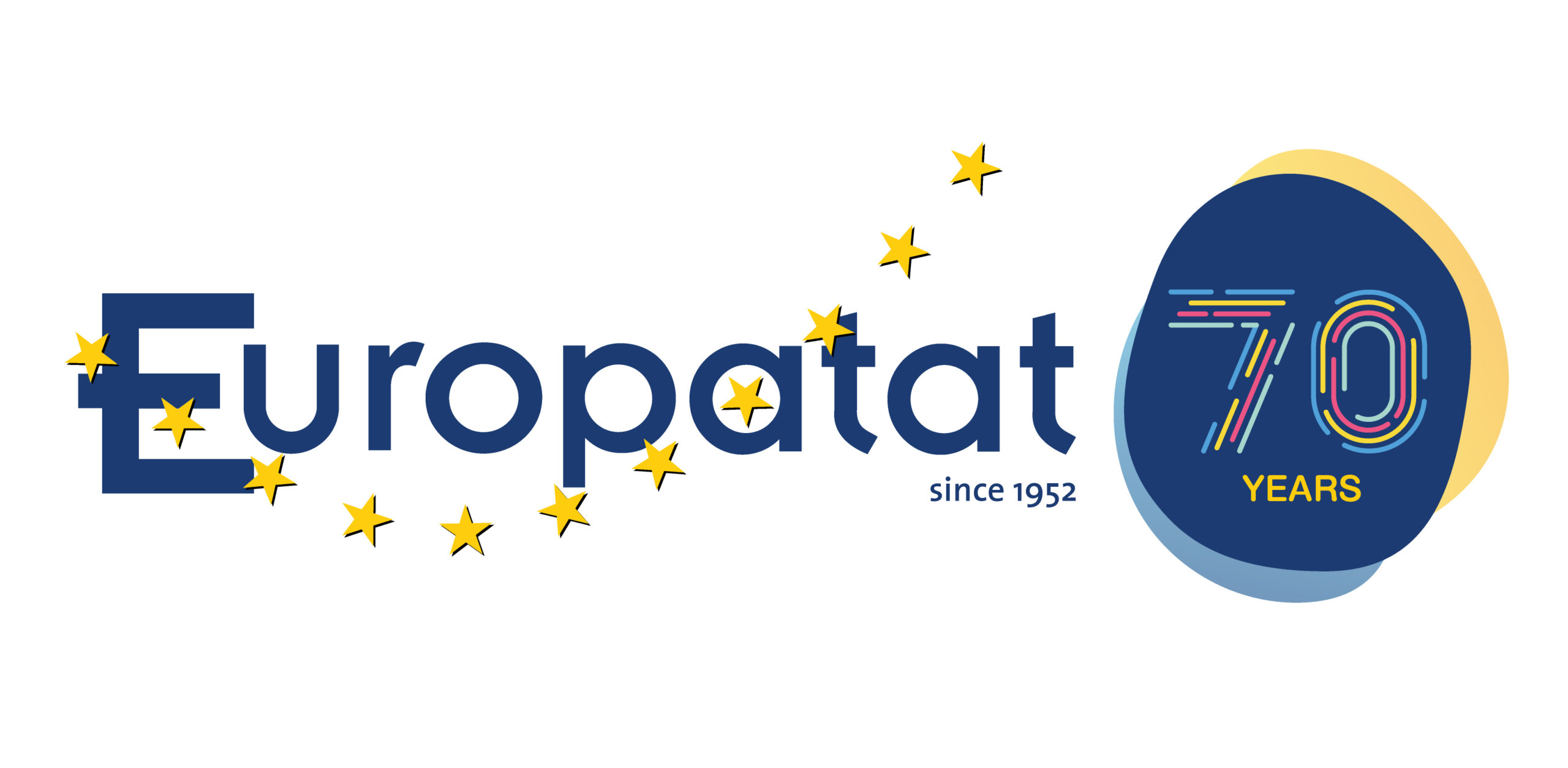A young creative team from National Institute of biology, led by Prof. Dr. Kristina Gruden is developing the open science application StressKnowledgeMap, to enable breeders and others to fully benefit from the compiled knowledge about the mechanisms underlying plant responses to stress to support novel plant breeding strategies. The work is carried out in the framework of the Horizon 2020 EU project “Accelerated Development of multiple-stress tolerAnt PoTato” ADAPT, in which Europatat is participating.
StressKnowledgeMap sets up the basis for computational modelling of stress response to in silico recapitulate underlying molecular processes and guides future breeding strategies. Through web interface breeders and others can interrogate and explore the networks, export data for visualisations and modelling and also contribute to the networks by entering their data on reactions, interactions, and components from experiments.


Example of protein activation reaction as defined in the StressKnowledgeMap (top) and representation of small subset of knowledge network showing different interaction types with different colours (bottom).
In a challenging environment of increasingly intense climatic conditions for crop production combined with the attacks of existing and new plant pathogens, new strategies for plant breeding will depend on a comprehensive understanding of plant responses to pathogens and abiotic stresses.
The StressKnowledgeMap builds on the previous work on network modelling of the immune signalling in potato. The work is now continuing in the framework of the Horizon 2020 EU project ADAPT, which aims at developing new strategies to make potatoes fit for the challenging growth conditions of the future.

“StressKnowledgeMap is an open science tool that collects most of the publicly available knowledge on the molecular mechanisms underlying plant responses to stress for all to use and explore, multiplying the value of the data produced and published by many researchers around the world. Our aim is to provide computational models for analysis of molecular responses of potatoes from greenhouse and field experiments that will be produced in the next phase of the ADAPT project.” explains Prof. Dr. Gruden
StressKnowledgeMap is composed of two layers: a detailed mechanistic model of plant stress and immune signaling, and a comprehensive network of all experimentally determined interactions between molecules in plant cell.
- The first layer, the Plant Stress Signaling model (PSS) was compiled by manual curation of published articles, various knowledge bases, and datasets published as supplementary materials. Only highly reliable information on direct physical interactions between proteins, DNA, small RNAs, transcripts and metabolites were considered.
- The second layer, the Comprehensive Knowledge Network (CKN), compiles slightly less detailed information from high throughput experiments and also different knowledge-bases, such as KEGG.

“Currently, it is possible to enter interactions that are still missing in the Mechanistic Plant Signalling model of StressKnowledgeMap and everyone is invited to do so. We will throughout the ADAPT project also update continuously the data in the networks as they become available. Of course everybody can also interrogate and explore the networks, or export data for visualisations and modelling, and possibly gets new prespective on their research hypothesis.” invites Dr. Carissa Robyn Bleker, who is responsible for the design of the user interface.
The team’s work continues with the constant updating of networks with newly available data, the development and improvement of tools, and the analysis of data from plant trials that we receive from our project partners. In the ADAPT consortium, we work hand-in-hand with the breeders involved in the project to maximise the potential of modern approaches such as machine learning, data mining, network analysis, and mechanistic modelling to gain a better understanding of the mechanisms underlying plant tolerance to multiple stresses. This will enable efficient selection of breeding strategies and rapid adaptation of agricultural management.

Example of visualisation in StressKnowledgeMap.
This application was developed with the funding from the European Union’s Horizon 2020 research and innovation programme under grant agreement No. 862858 and with funding from the Slovenian Research Agency under grant agreements No. 1000-15-0105, No. Z7-1888 and No. J4-1777.
For further information please contact the team at skm@nib.si or visit the website adapt.univie.act.at.

